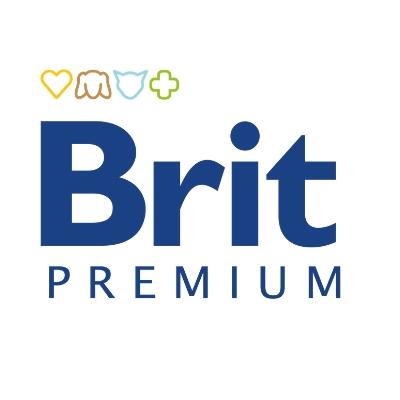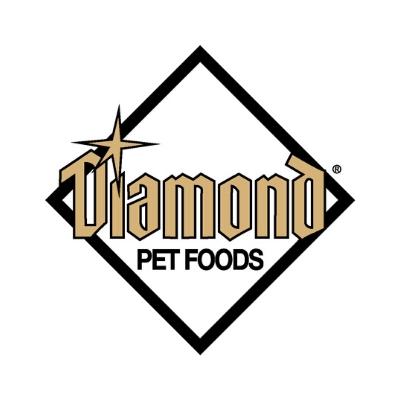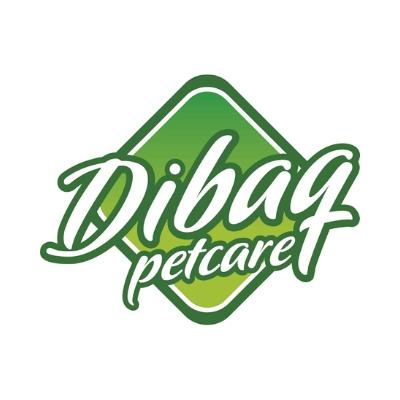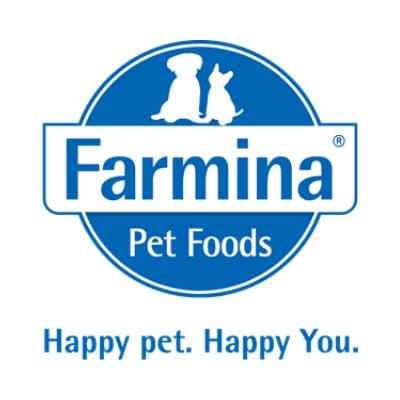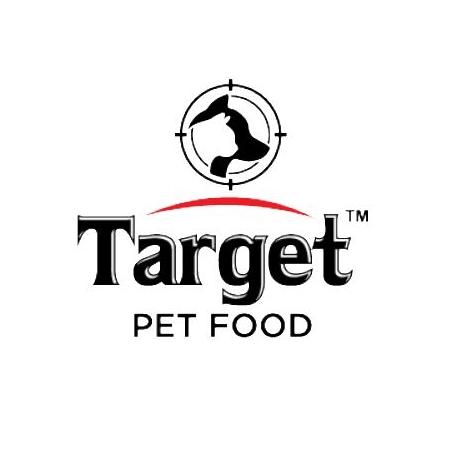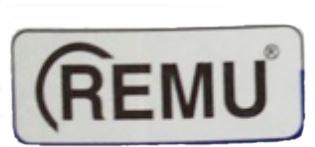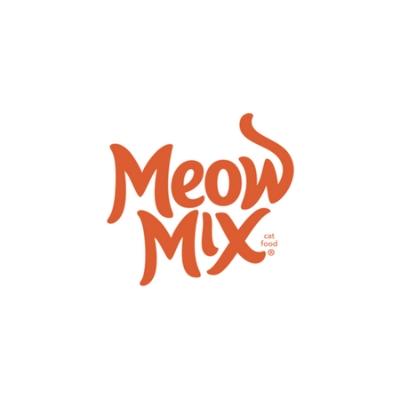Dog Obsessive Compulsive Disorder (OCD)
Introduction
Obsessive compulsive disorder (OCD) is a recognized and potentially dangerous medical condition in which a dog engages in normal canine activities in an abnormally repetitive, frantic and self-destructive manner – sometimes to the point of self-mutilation.
Causes & Prevention
Causes of Obsessive Compulsive Disorder
Dogs that suffer from obsessive compulsive disorder often (but not always) have a history of abuse, neglect or past exposure to extremely stressful environments. For example, dogs confined for prolonged periods of time in small areas with no form of physical or mental stimulation may develop OCD. Most authorities suspect that this condition has a strong hereditary component, as well. Current medical science puts the anatomical focus of OCD in the limbic system, which is an integrated network of brain structures in all mammals that is associated with various aspects of behavior and emotion, among other things. The clinical signs of OCD tend to worsen when the dog is exposed to especially anxiety-producing situations.
Prevention of Obsessive Compulsive Disorder
Because genetics probably play a strong role in the development of obsessive compulsive disorders, the consensus among most experts is that affected animals should not be bred. Moreover, because stressful situations exacerbate OCD, owners should be especially conscious of the impact of those situations on their pets. For example, moves, trips to the veterinarian, introduction of a new human or animal family member, loss of a family member or other anxiety-causing events should be carefully managed to minimize their impact on dogs with OCD.
Special Notes
"OCD" is a term that also refers to a condition called osteochondritis dissecans, which is an inflammatory bone and cartilage condition that results in the splitting off of a piece of articular cartilage with accompanying, progressive pain. It is important for owners who are told that their dog has "OCD" to be sure that they know which condition is involved – obsessive compulsive disorder (behavioral) or osteochondritis dissecans (musculoskeletal; orthopedic)
Symptoms & Signs
Introduction
Our canine companions are like us in so many ways, but unfortunately that is not always a good thing. Like people, dogs have the potential to suffer from a number of mental and emotional disorders. Obsessive compulsive disorder (OCD) is one of them. Animals with obsessive compulsive disorder engage in activities that occasionally are normal for its species, but they engage in them in an abnormally and alarmingly repetitious manner. Dogs and people who suffer from OCD display eerily similar symptoms. In severe cases, OCD can contribute to serious health problems and can dramatically affect both the animal's and the owner's quality of life. Interestingly, in most cases, dogs with OCD seem unaware that their behavior is out of the ordinary.
Symptoms of Obsessive Compulsive Disorder
The repetitive behaviors that dogs with OCD engage in are otherwise normal in small doses. They become clinically problematic when the dog engages in them purposelessly, ritualistically and destructively, in a manner beyond anything that conceivably could be considered appropriate in the daily routine of a normal dog. Some of the most common behaviors seen in dogs with obsessive compulsive disorders include one or more of the following:
Barking
Digging
Scratching
Licking
Pacing
Circling
Tail-chasing
Fence-running
Flank-sucking (often seen in Doberman Pinschers)
Chewing (often on rocks, fabric, furniture or their own tail, paws or nails)
Inappropriate elimination (pottying in the house or other unusual places)
Again, most healthy dogs engage in some or all of these behaviors from time to time. Dogs with obsessive compulsive disorders repeat them over and over, and then over again. In many cases, the behaviors are more annoying than actually harmful. Unfortunately, some dogs with OCD can cause dangerous physical damage to themselves or to property if the condition is not brought under control. Some of the other things owners may notice that can arise from OCD include:
Open weeping sores, which can deteriorate into secondary bacterial infections
Licking and chewing at obvious wounds, despite the pain
Bleeding paws and toes (from digging or chewing)
Changes in vocalization (from chronic barking)
Loss of hair, particularly around the flank (from flank-sucking or scratching)
Dogs with obsessive compulsive disorder can display other behavioral and psychological problems as well. They may:
Startle easily
Shy away from physical contact
Have problems relating to or interacting with familiar people and animals in ordinary situations
Have severe separation anxiety when apart from their owners (separation anxiety is a separate recognized disorder)
Display aggression
If your dog displays unusual repetitive behavior(s) suggestive of OCD, schedule an appointment to discuss the situation with your veterinarian. There are a number of medical, behavioral and supportive therapeutic options that can help calm the symptoms of this condition in companion dogs.
Dogs At Increased Risk
The onset of obsessive compulsive disorder usually corresponds with social maturity in dogs, which typically is between one and three years of age, depending upon the breed. Dogs suffering from pain, particular anxiety or injury or a disease that alters their sensory function (vision, hearing, taste, smell and/or touch) are at an increased risk of developing OCD.
Diagnosis & Tests
Introduction
It can be challenging for veterinarians to diagnose obsessive compulsive disorder in dogs (OCD), because there is no one test for the condition. Diagnosing OCD involves ruling out other conditions, including diseases and other medical disorders that could contribute to the observed obsessive behaviors.
How Obsessive Compulsive Disorder is Diagnosed
For a veterinarian to diagnose OCD, he must evaluate the dog and rule out other conditions that could contribute to or cause the abnormal behaviors. The veterinarian will take a detailed history of the dog's actions and living environment, and he will ask for details of the repetitive behaviors to help determine which tests should be run to rule out other contributory conditions. Thorough physical and behavioral examinations typically will be made. The physical examination will probably include drawing blood samples for a complete blood count and serum biochemistry profile, as well as urine samples for a urinalysis, to get a baseline snapshot of the dog's overall health. The behavioral examination can be quite involved and will depend upon the experience and training of the veterinarian or veterinary behavioral therapist and the symptoms presented by the dog.
Depending upon the particular dog's clinical signs, the veterinarian may perform tests for dermatological diseases, external parasites, neurological diseases, major organ system dysfunctions, urinary track infections, metabolic diseases and/or other conditions that could be causing the dog's abnormal behavior. Once other diseases and underlying medical problems have been ruled out, the veterinarian may recommend that the owner videotape her dog's compulsive conduct. Behaviors at home that are unusually excessive in frequency, intensity or duration – especially those that interfere with normal daily routines - are easiest to identify using videotapes, which in turn makes them all that much easier to treat.
Special Notes
Diagnosing obsessive compulsive disorder in dogs can only be accomplished by a process of elimination. It usually takes a great deal of time and patience on the part of everyone involved in the process to arrive at a definitive diagnosis and implement a meaningful treatment plan.
Treatment Options
Introduction
Canine obsessive compulsive disorder (OCD) can interfere with a dog's quality of life and health. It also can be very destructive to the relationship between the dog and its owner. Fortunately, this condition usually can be controlled through behavior modification and medication. The goals of treating canine OCD include reducing or eliminating the abnormal ritualistic behavior(s) and removing or minimizing any underlying causes of those behaviors that can be identified. Treatment options include behavior and environmental modification and prescription medication, and it probably will be life-long. Additional supportive care therapies may also help in certain circumstances. Punishment of OCD behaviors should never be used.
Treatment Options
Any identified underlying medical problems, such as flea infestation, food allergies, urinary tract disease, constipation or other health conditions, should be resolved before specific treatment begins for obsessive compulsive disorders. The source of any particular environmental stressors should also be eliminated if at all possible.
Once that is accomplished, behavior modification is almost always recommended as a first-line treatment for dogs diagnosed with OCD. Pet owners will likely need to work closely with their veterinarians and possibly with canine behavior experts to experiment with different methods to see which ones help their dogs the most. Some dogs respond best to distractions, such as being played with or taken out for a nice long walk, when they start to engage in obsessive-compulsive behaviors. Other dogs respond better to an increase in exercise, or perhaps even a calmer, more soothing and predictable home environment. Usually, providing a regular daily routine also helps to minimize the symptoms of OCD. Dogs should not be punished for engaging in compulsive behaviors. Punishment is not a recognized or effective form of treatment and can actually increase a dog's level of arousal and anxiety, which in turn can exacerbate signs of the disorder. Punishment or other forms of negative reinforcement can also interfere with a dog's ability to learn new, non-ritualistic behaviors successfully.
There currently are a number of prescription medications that also can be used to help treat canine obsessive compulsive disorder, and new medications are being researched and developed all the time. Basically, these drugs are designed to alter the neurotransmitters and the neurochemical balance in the dog's body and brain. They presently include a class of drugs called tricyclic antidepressants, and another class called selective serotonin reuptake inhibitors. Both can be given orally by owners at home with little difficulty, under the general supervision of the prescribing veterinarian. These medications can have adverse side effects and can react adversely with some other drugs if they are used at the same time, such as medications contained in flea and tick collars and other parasite preventatives. A veterinarian is the only one who can decide which treatment options to use, and in which order. He may change the treatment protocol over time if the dog's condition does not progressively improve. If sufficient progress is not seen, owners may be referred to a veterinary behavior specialist for further guidance.
Other techniques that may be appropriate, in addition to medical treatment and managed behavior modification, might include massage therapy to reduce anxiety and stress; training and participation in performance activities such as fly ball, obedience, agility, tracking, utility, field trials, sledding, weight pulling, etc.; possible application of acupressure techniques; use of herbal or other non-regulated supplements or "remedies"; or other forms of exercise and supportive care which might help to promote wellness, calmness, confidence and comfort. Some of these more non-traditional, alternative or adjunct approaches lack controlled studies of their effectiveness and may not have established quality control methods or ways to assess their benefit to dogs with this disorder.
Prognosis
The prognosis for dogs with obsessive compulsive disorders is quite variable. Successful treatment depends largely upon the owner's commitment to the process, as well as on identification and resolution of the underlying causes of the stress, anxiety or other problems. As with most disorders, the prognosis is better for dogs that are diagnosed and treated early and consistently. If your dog displays signs consistent with obsessive compulsive disorder, you should schedule an appointment with your veterinarian. The behaviors associated with this disorder almost always worsen without treatment, so the sooner treatments are started, the better.









